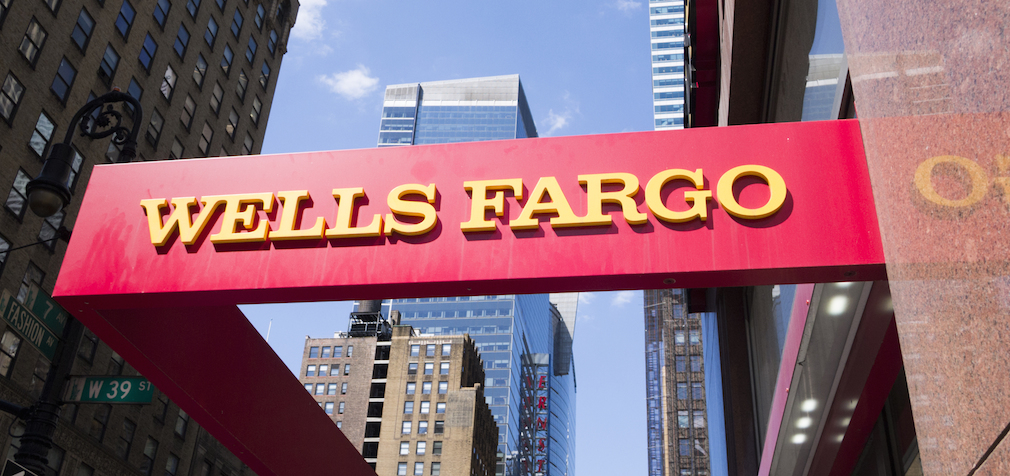Wells Fargo is under investigation once again as it seems that while the bank was opening fake accounts, it could have been closing real ones.
The bank disclosed in a regulatory filing that the Consumer Financial Protection Bureau is looking into claims found on its database which state the bank closed customers accounts and left them without access to their funds, according to an article by Dan Freed for Reuters.
From the article:
A Reuters review of the regulator's complaints database found several instances of customers reporting financial hardship in recent years after Wells Fargo unexpectedly froze or closed their accounts.
Some of the complaints described fraudulent deposits of unknown origin. Others said they were victims of identity theft and Wells Fargo closed their accounts and refused to reopen them or open new ones. One customer said the bank closed an account after a hacker changed personal information, and then Wells Fargo improperly sent funds to the wrong address.
But one common theme ran through all the complaints: the consumers were confused as to why their account was frozen, and expressed frustration with Wells Fargo’s costumer service.
From the article:
"We continue to work with our regulator on this matter. As always, our goal is to protect our customers and the bank from fraud, and we want to do so in ways that minimize the risk and impact on our customers," Wells Fargo spokesman Kristopher Dahl said in an email to Reuters.
But this is only the latest in a long line of scandals to emerge from the bank. Earlier this month, HousingWire reported Wells Fargo will pay $108 million for allegedly overcharging veterans on refis.
In July, it was discovered Wells Fargo may have wrongfully forced auto insurance on 570,000 customers, and would be refunding $80 million.
That same month, the bank accidentally leaked personal information of 50,000 of its customers.
And of course, Wells Fargo continues to face the consequences of its fake accounts scandal, where more than 5,000 of the bank’s former employees opened more than 2 million potentially unauthorized accounts to receive sales bonuses. The bank was initially fined $185 million, but that was only the beginning.
(Photo credit: DW labs Incorporated / Shutterstock.com)






